Most horror films unspool short stretches of screen time where nothing much happens. Their plots are peppered with moments of blood-curdling mayhem to keep viewers vaguely interested.
The Darkness, on the other hand, is a horror film that belches up long stretches of time in which nothing much really happens. Its plot is only occasionally punctuated by brief bursts of pure boredom.
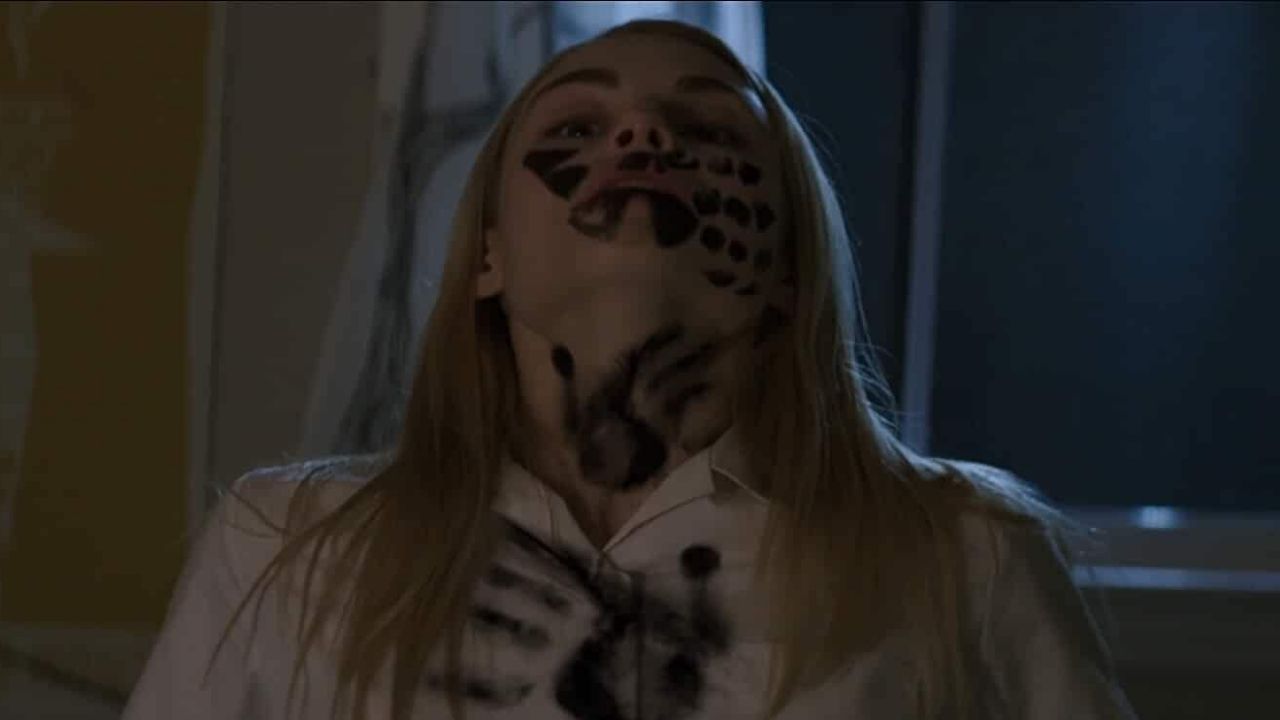
1. Quick Review
The film follows a family who visits the Grand Canyon. When they get back, things start to go wrong, and they think they’ve brought home a supernatural force. The creepiness of the tale leads many to wonder if The Darkness is based on a true story.
Many elements of the film are true to life. The minivans, the over-concerned parents, the mean older brother. But The Darkness is based on more than one true story.
The film’s co-writer and director, Greg McLean, drew up the story from terrifying personal accounts that took place in the Grand Canyon.
McLean revealed in an interview that he based the film’s storyline on several true stories. While he hasn’t revealed which specific stories inspired the film, a little digging will reveal the innumerable ghost stories coming out of Grand Canyon.
2. Is it worth watching?
The Darkness plays out to be a complete sham. It isn’t scary, it isn’t exciting, and its plot plods along at a snail’s pace. Although the screen time is 90 minutes, it feels twice as long. The film is undoubtedly better cast and much more ambitious than a typical PG-13 horror spoof.
However, The Darkness succumbs to the bloodless shocks and assaultive sound effects that plague its generic peers. The film proves to be one that may make a quick buck on the opening weekend, only to be forgotten soon.
It’s the little things in The Darkness that points to post-production tampering. There are several characters that are introduced, only to completely disappear.
There are many plot developments that are brought up and eventually dismissed without being addressed. The whole thing moves with an unnatural jerkiness that suggests a lot of footage was either cut out last minute or never employed at all.
I. Plot
The film opens to a seemingly happy Taylor family. Peter (played by Kevin Bacon) is the father, Bronny (played by Radha Mitchell) is the mother, Stephanie (played by Lucy Fry) is the older teen daughter, and Michael (played by David Mazouz) is the younger son.
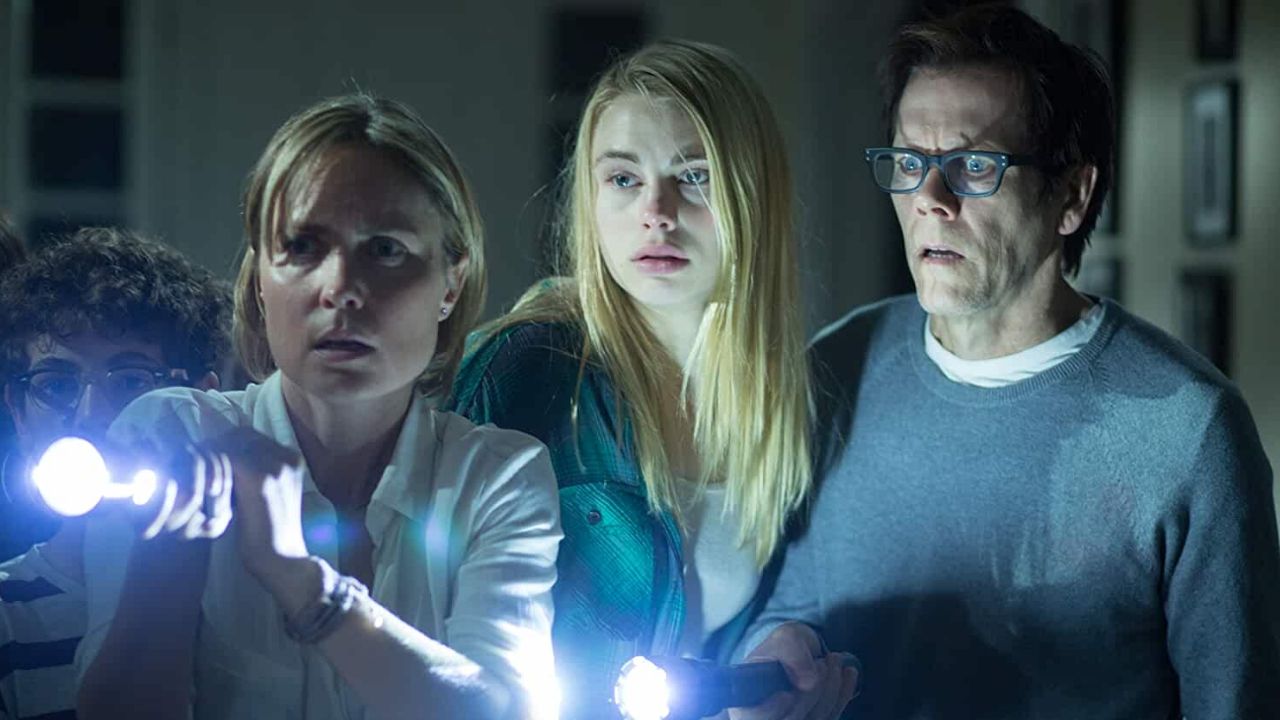
While on a hike one day, Michael discovers five mysterious stones belonging to the ancient Native American Anasazi tribe. They were said to be used to keep vicious demons at bay. He pockets the stones, and all too soon, the Taylors make their way home.
Within a few days, the house is filled with bizarre odors, faucets turn themselves on and off, and locked doors mysteriously open on their own.
It takes this rather naïve family a painfully long time to catch on. They finally realize that dark forces are at work and call in a couple of Native American spirit cleansers to help them before it is too late.
II. Music & visuals
The music director of the film is Johnny Klimek. He is an Australian musician, music producer, and film score composer. Klimek is best known for his work in the films Deadwood and Cloud Atlas. Songs in this soundtrack include It’s A Good Life by Bruce Bergh, Sailing The Sound by Christopher Welch, Flight of the Elevator by Martin Rowberry, Bee Sting by Scott Horton, and Everything You Need by Kate Booye.
Visually, The Darkness is half a world away from the primal ferocity of Wolf Creek, McLean’s debut feature. Birthed over a decade ago, the film is a tense and grisly thriller set in the Australian Outback.
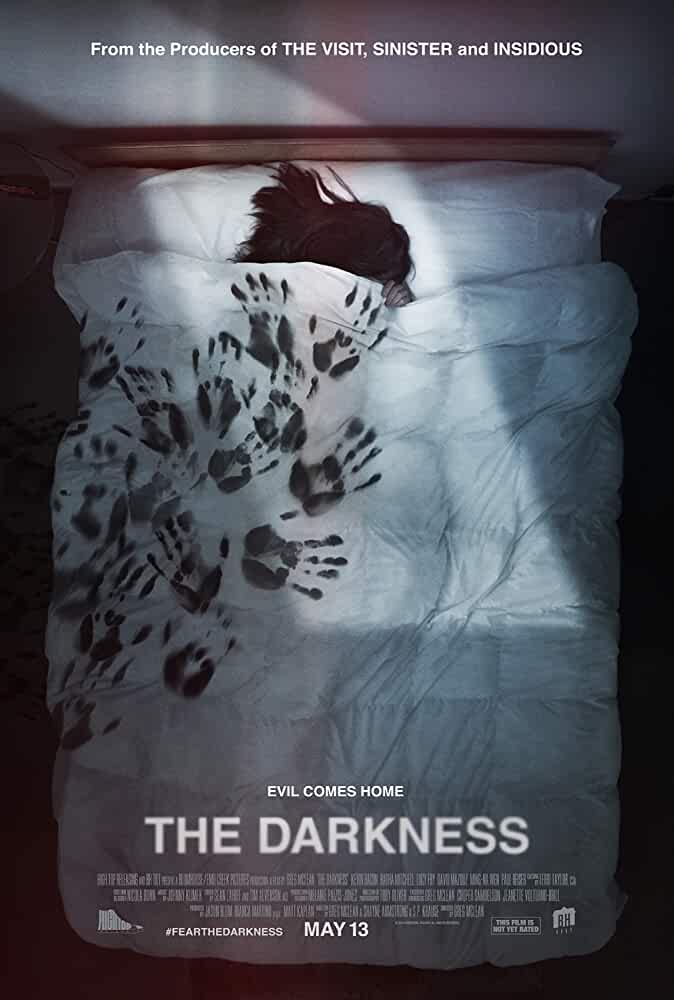
He opens The Darkness in a similarly barren, sun-baked terrain of the Grand Canyon. However, most of the action takes place in suburban Los Angeles, as compared to the arid Australian bush of Wolf Creek.
3. Final Thoughts
The Taylor family is not uncomplicated. Michael is autistic, Stephanie is bulimic, and Bronny is an alcoholic in denial. Peter has cheated in the past and is tempted again by the new intern at his firm. The provision of intersections initially gives the family more depth.
However, it feels as though director McLean forgets these plot points at times, and piles it on later to make up. Stephanie’s bulimia is a crisis that comes and goes. An entire subplot is dedicated to Peter’s boss, hiring an intern to tempt him into cheating again.
Perhaps worst of all, McLean turns Mikey’s autism into an alien quality. There is the character of the invisible friend Jenny setting part of his wall on fire.
Through it, the director makes it seem as though he’s closer in spirit to the demons haunting his family than his own family. He isn’t portrayed as the usual creepy kid. His alienation plays into ugly stereotypes of spectrum disorder. This makes the film more than a little disturbing to watch in today’s day.
Considering its genre, this is for all the wrong reasons.
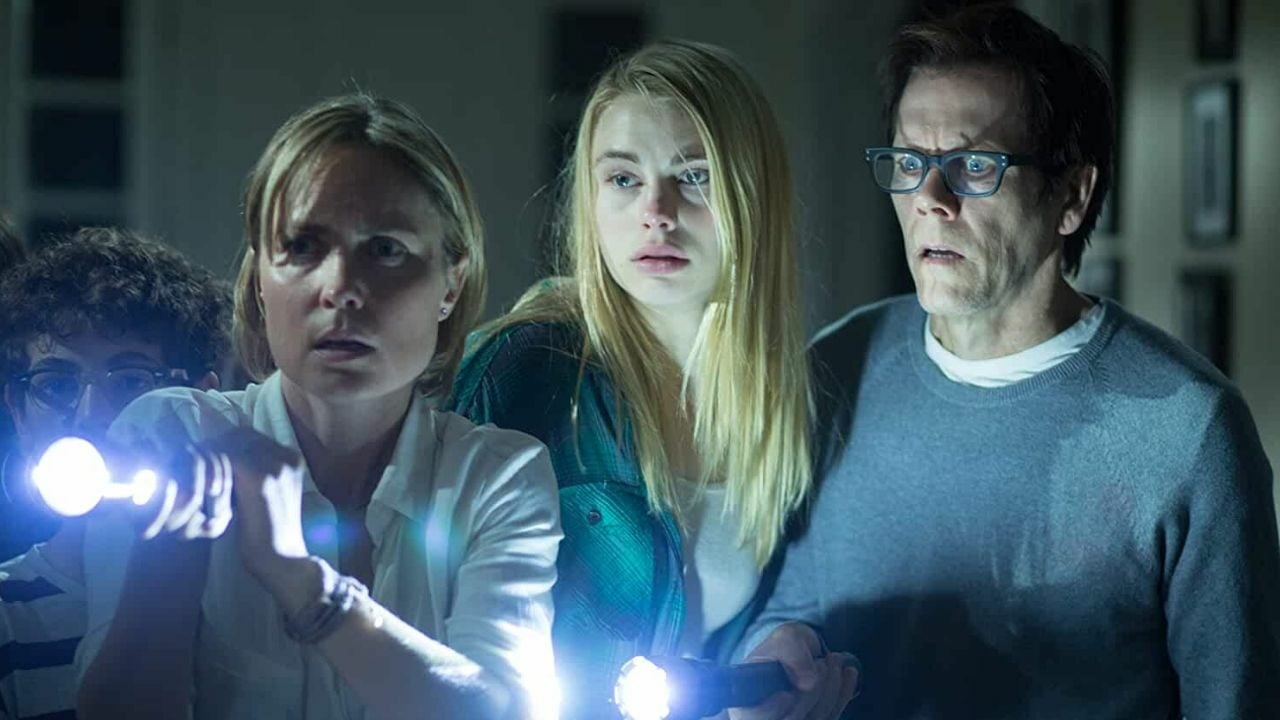

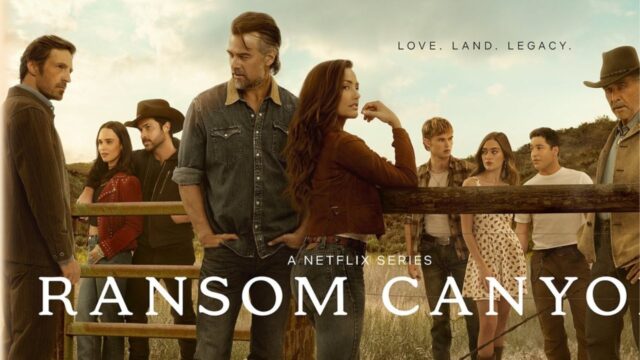
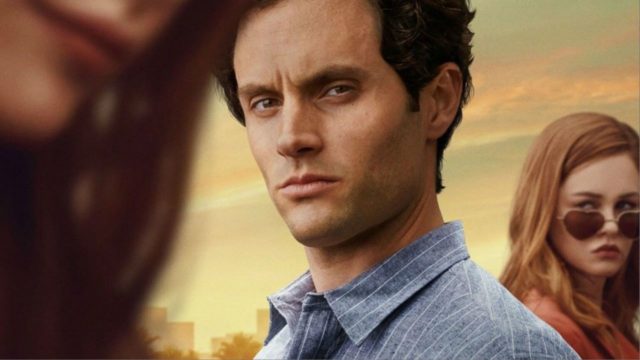

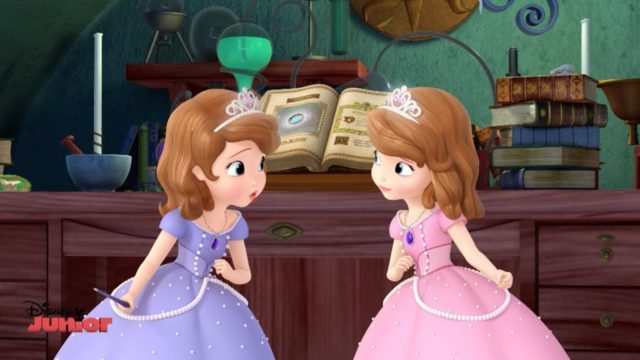

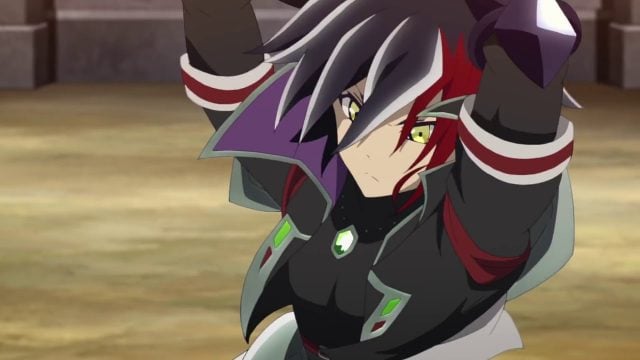
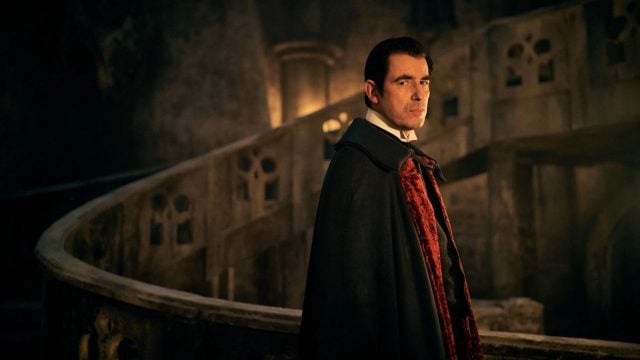
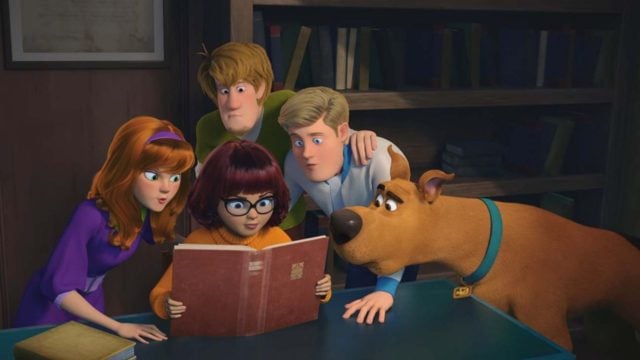
No Comments on Is The Darkness Worth Watching?